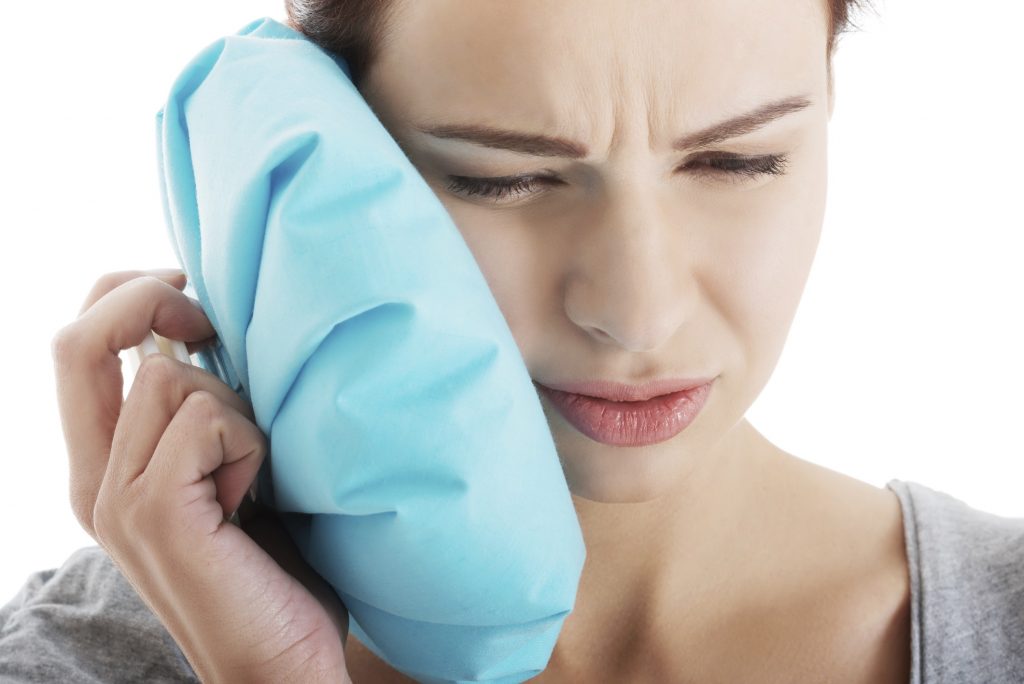
It’s very unsettling when we get a toothache. Not only does the pain give you a major headache, but it likely means a visit to the dentist because, unfortunately, we can’t diagnose our oral pain. And there are many reasons your mouth may hurt. Here is a list of possible issues that may have caused your dental pain:
Temperature sensitivity. If you are feeling pain when you eat or drink hot or cold, it is due to worn tooth enamel or exposed nerves.
Gum recession. As we age, our gums begin to recede, and this causes our teeth roots to be exposed, making you more susceptible to gum disease or other oral infections.
Erosion. 12% of people develop “dentin hypersensitivity” because of a highly acidic diet or brushing too hard, which causes your enamel to erode.
Cavities. Poor diet and dental hygiene can cause your teeth to decay, causing cavities. This is why daily dental hygiene is so important.
Gum infection. 47% of adults over the age of 30 develop gum disease at some point in their lives. Keeping dental appointments is beneficial to stay on top of your mouth’s health.
Cracked tooth or crown. If you find that you’ve cracked a tooth or a crown, make a dental appointment as soon as possible to avoid major tooth pain.
Sinus infection. As your sinuses become inflamed and become pressurized, it can affect your teeth.
Jaw clenching. Grinding your teeth wears down your tooth enamel, which then causes your teeth to hurt.
Dental procedures. Dental work can leave you feeling sore. Take heed of your dentist’s recommendations for aftercare.
Teeth bleaching. While they do improve your smile, bleaching your teeth can cause you some discomfort. It’s temporary but avoid overbleaching.
If you would like more information about tooth pain, call Dr. Cabrera in Chicago, IL at 312-994-7939 or visit www.perioimplantchicago.com.
Dr. Peter O. Cabrera proudly serves Chicago and all surrounding areas.

